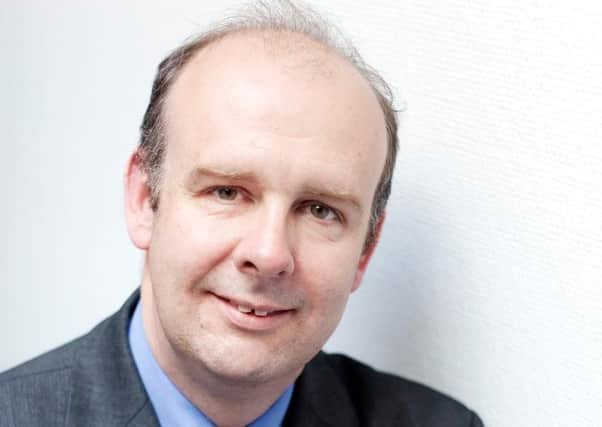Alastair Sim: Getting poorer applicants to university isn't easy but we are trying hard


What’s newer for me is the translation of that passion into ambitious joined-up action across universities and specialist institutions to promote wide access.
Every university has its own rich set of actions to widen access. These very often start at primary school (or even earlier to encourage aspiration by the parents of early-years children). Institutions have programmes in place to promote aspiration and achievement by secondary students, and bridging programmes so that school-leavers from disadvantaged backgrounds can build the knowledge and skills that will enable them to succeed in higher education.
Advertisement
Hide AdAdvertisement
Hide AdWe’re also committed to lifelong learning, including progression from college and increased opportunities for higher education in the workplace.
We’re now adding sector-wide action to ensure that everything possible is being done to enable wide access to higher education.
As part of that we’re looking at admissions policies. We want to ensure, across the sector, that applications from learners from disadvantaged backgrounds are given special consideration in ways that are transparent and have a core of shared best practice.
We’re examining in detail how to build even more routes from college to the upper years of university. We’re also looking closely at how to improve the coherence of our bridging programmes, so that it’s clearer to schools and learners what’s on offer and so that these programmes lead to a wider range of opportunities. We will make sure that we communicate with learners in plain English, not in opaque language that’s only meaningful to university professionals.
We’re doing all this against a background of a commitment across government and the whole education system, that 20 per cent of Scottish students attending university in Scotland are from the most disadvantaged areas in Scotland by 2030.
The university sector is committed to making our full contribution to that system-wide target. We’ll also need positive action from our partners.
First, we need to see further progress in narrowing the poverty-related attainment gap. Seventy per cent of school-leavers from the least deprived areas have three or more qualifications at level 6 (Highers or equivalent). For those from the most deprived backgrounds, just 20 per cent have three or more qualifications at this level. Universities have been quite clear: we will not admit people (from any background: rich or poor) that our professional admissions staff do not believe have the right abilities, with the right support, to complete their course of study.
Applicants from the most deprived communities already have as good a chance as their more privileged peers of getting an offer of a university place – now we need to grow the applicant pool.
Advertisement
Hide AdAdvertisement
Hide AdSecond, we need Scottish Government to recognise that the disadvantaged people we need to attract don’t just live in areas of multiple deprivation. We’re being held to account for targets based on the Scottish Index of Multiple Deprivation (SIMD), even though the Scottish Government itself acknowledges SIMD should be used to identify areas, not individuals.
This is problematic for universities as two-thirds of income deprived people, and more than half of free school meal recipients in Scotland, live outside the most deprived SIMD postcodes. Let’s work together to develop a more intelligent metric of progress.
We are truly fortunate that we have university leaders dedicated to trying to widen access. Also helpful is the cross-party political consensus about the importance of widening access. We are pushing change in the right direction.
The prize if we get this right is massive – people from all corners of Scotland being able to fulfil their potential. Widening access is complex and it’s unlikely to get any easier in the future, but ultimately when has anything truly worthwhile been easy?
Alastair Sim, director, Universities Scotland.